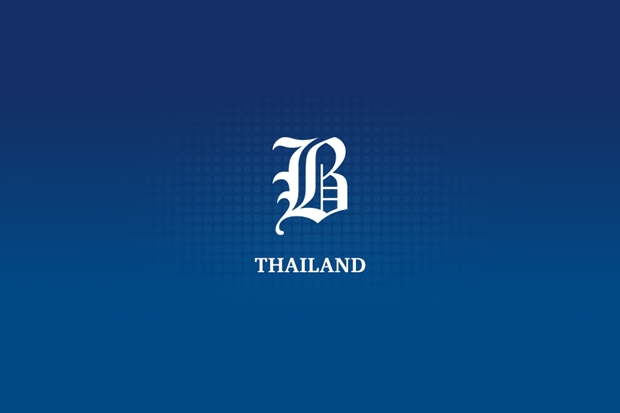
Thailand’s new government, which is expected to take shape soon, should work to build confidence on the global stage and focus on balanced development, a seminar was told on Monday.
Speaking at a seminar on the future of Thai politics held by the National Press Council of Thailand, Chulalongkorn University political scientist Surachart Bamrungsuk said the world has recently faced five major crises, including the pandemic, a new Cold War and the Russia-Ukraine conflict.
These issues have affected Thailand’s security and economy, said Mr Surachart, adding that the upcoming government faces several domestic challenges that will determine the country’s and people’s abilities to handle future global disruptions.
Mr Suchart said Thailand’s role in international affairs has diminished while the country’s economy has taken a big hit from the global economic situation.
Domestically, the country still faces southern violence, political divisiveness, issues of civilian-military relations, post-Covid rehabilitation and challenges related to the transition to democracy, he said.
“These are the problems that await the new government,” Mr Surachart said. “They pose questions as to whether the new government will want to put the country on the geopolitical map and if it can bring political stability and boost economic confidence for the country on the global stage.”
In his speech, Somkiat Tangkitvanich, president of the Thailand Development Research Institute (TDRI), said that for a country to achieve balanced development, it must have a strong government and civil society.
Mr Somkiat said a strong government could tackle problems and promptly respond to people’s demands, adding that the government’s failure to tackle PM2.5 ultra-fine dust is an example of an ineffective government.
He said the country needs to strengthen its civil society to monitor and hold government policies accountable effectively.
According to Mr Somkiat, despite a low unemployment rate, Thai workers are considered underpaid compared to their productivity and consumer prices. He said that daily minimum wages should be 380-390 baht.
He said low wages lead to increases in household debts which, according to the Bank of Thailand, amounted to 16 trillion baht in the first quarter of this year, or 91% of GDP, following the redefinition of household debt.
The National Press Council of Thailand held the seminar to mark its 26th anniversary.

